Over the course of its past seven seasons, the political and military maneuverings on Game of Thrones have sparked countless leadership-style lessons and corporate boss comparison breakdowns.
But here we are heading into the fourth episode of the eighth and final season, and many of the show’s most iconic and memorable leaders and boss types are as dead as the “Bran is the Night King” theory. Ned Stark? Dead by beheading. Rob Stark? Dead by stabbing, then beheaded. Tywin Lannister? Dead by crossbow on the can. King Joffrey? Dead by poison pie. Lady Olenna? Dead by just poison. Little Finger? Dead by slit throat. Night King? Dead by dagger.
Those who are left and the dynamics among them have changed significantly, and no doubt GoT will continue to mess with our minds and expectations as we get closer to that final episode.
So let’s take an updated look at the last major bosses left and the leadership styles they’ve been strutting so far.
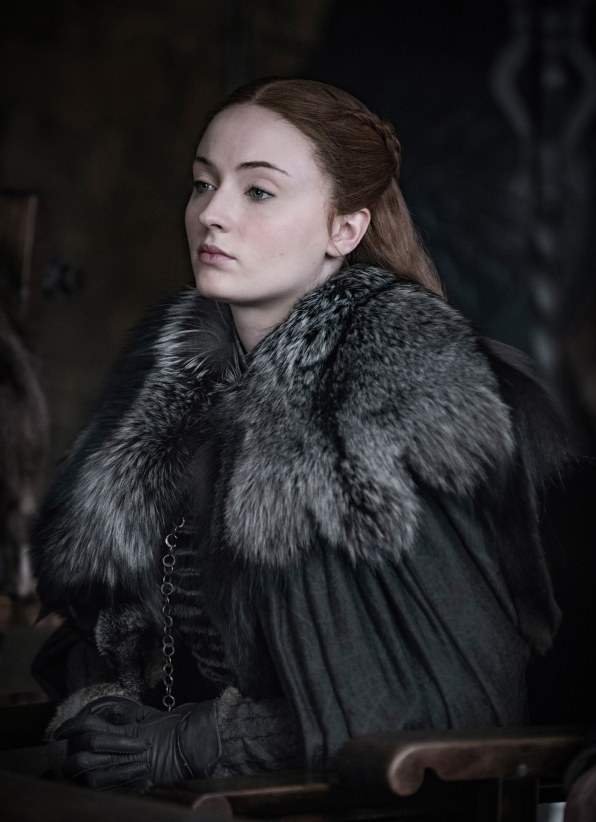
Sansa Stark
She’s been a snotty kid, a snobby adolescent, and a tragic pawn but now stands as the show’s resident unexpected leadership protégée. Not only does Sansa balance the aloofness of her brother Bran and the shiftiness of her sister Arya, but Sansa has also overseen the transformation of Winterfell from a burnt-out husk of a castle to a rejuvenated machine of efficiency that provided the safety and well-being of all the soldiers gathering for last week’s big battle, as well as that of the general citizenry of crusty Northerners.
Sansa’s like the succession CEO of a successful midsize company, resisting a takeover from a larger rival. She’s seen the dumpster fire of a track record most of her rivals have blazed and isn’t going to readily fall in line. She’s got the added bonus of having a sister with a quick dagger.
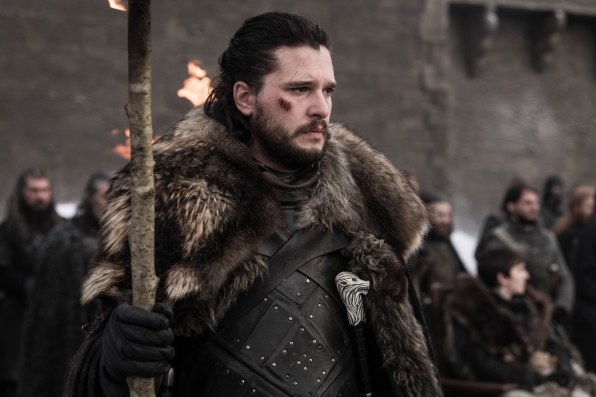
Jon Snow
He never wanted the job in the first place. From being appointed Lord Commander of the Night’s Watch to King in the North, Jon’s always been the reluctant leader. His style is by example, out in front, down with workers on the shop floor, leather and fur sleeves rolled up to the elbow and ready to work—or, in the case of the Battle of the Bastards, just standing in the middle of a field by himself waiting for thousands of soldiers charging towards him.
Before this season began, it would’ve been easy to see Jon fully embrace his inner Stedman. But when his buddy Sam revealed that he was actually the rightful heir to the Iron Throne (and, oh by the way, your girlfriend-aunt also burnt my dad and brother alive), we saw the first flicker of true boss ambition in the no-longer-a-bastard’s eye.
Now that “The Great War” is over, how will Jon approach “The Last War”? He’s got a few choices, none of which are free of awkwardness. He can stand by Daenerys’ side as her nephew-lover and senior vice-president of brooding, potentially alienating his bestie Sam and his sister Sansa. Or he can embrace his own Targaryen roots and hope Daenerys miraculously respects the traditional line of succession. Or he can back Sansa in her claim for a free North, retire from public life, and live out his days taking long brooding walks around the Winterfell grounds with Ghost. Something tells me none of these will have a happy ending.
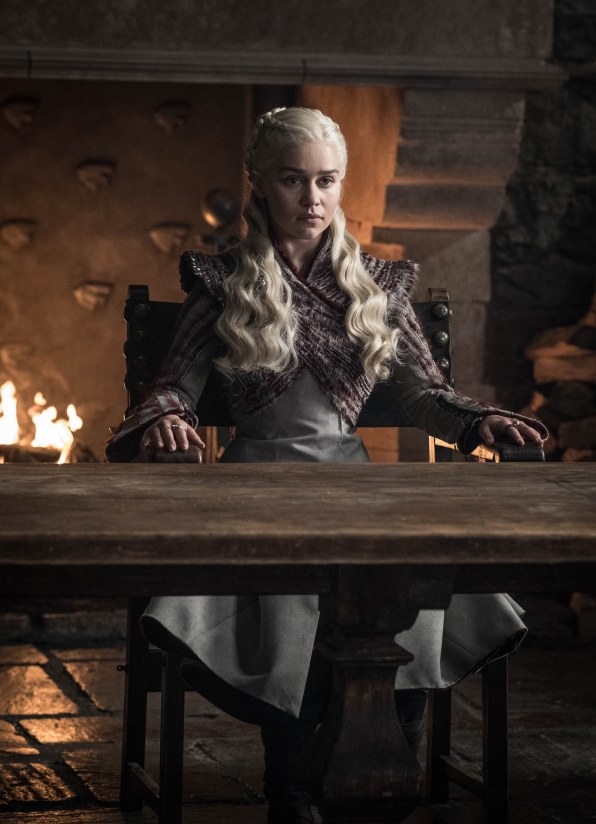
Daenerys Targaryen
For much of the series, Dany has worked hard to build a reputation as a benevolent, if largely autocratic, boss. She talks to her advisers, letting them know she values their opinions, but when push comes to spitting fire, she makes her own decisions—like last season, when she jumped on Drogon and took off north to save Jon and his pals from what I think we can all agree was a terrible plan to nab a soldier of the undead.
It’s clear she likes the big, dramatic move, and this is not new. Think back to when she surprised both Jorah and Ser Barriston after agreeing to trade her then-medium-size Drogon to Astapor slaver Kraznys for the Unsullied army. After handing over the leash, with the dragon hovering overhead, she called the ultimate audible, “Dracarys.” FLAMES!
In episode four of season six, she decided the best way to escape imprisonment by the Dothraki Khals wasn’t to run off into the night with Jorah and Daario Naharis but, instead, y’know, lock all the Dothraki leaders in a hut and set it on fire. She dramatically emerged unburnt (natch) like Steve Jobs walking onstage at an Apple Event—platinum blond hair in place of a black mock neck—the Dothraki horde kneeling like a Cupertino crowd of iNerds.
What does this tell us about the rest of season eight? Well, now that the Night King’s been reduced to a pile of ice cubes, Dany will start assessing the threats and obstacles to her ultimate goal of the Iron Throne. Her sizeable ego and penchant for unpredictability points to the very real potential of her aiming some of that draaaama heat at not only Cersei Lannister but also her one-time allies—whether that’s Sansa, Tyrion, or everyone’s favorite nephew-lover.
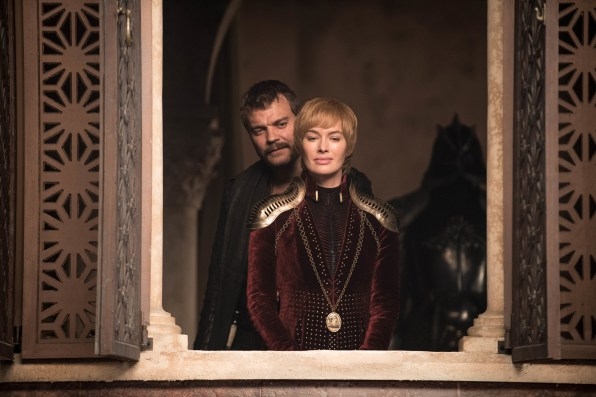
Cersei Lannister
Hoo boy. Cersei’s leadership style is like if Gordon Gekko and Miranda Priestly decided to start killing people for sport. She’s mean. She’s ruthless. She loves a good daytime wine-drunk. She doesn’t care what you think, she doesn’t care what you want, all she cares about is her own goals, and she’ll go to alarmingly drastic lengths to reach them.
When Stannis Baratheon’s troops were getting close to breaching the walls of King’s Landing, Cersei was thiiiiis close to poisoning herself and young son Tommen. When too many of the city’s elite and the religious right stood in her way, she blew them all up in one, big green shot.
Now we get to see how she plans to direct the mercenary army The Golden Company. There’s not really any IRL corporate equivalent to Cersei to offer us any hints, unless you know of a murderous sociopath CEO of a sweatshop that only makes cigarettes and bullets.
The Outliers
Okay, so those are the four major Westerosi leadership candidates, but there are others with an outside chance of rising to the occasion, depending on who dies when. Here’s the three best of the rest.
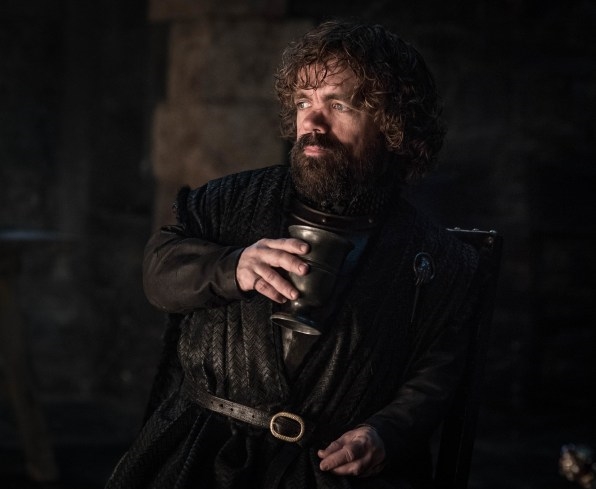
Tyrion Lannister
The Imp. The Halfman. The Hand of the Queen. Tyrion has a pretty impressive résumé as an operational leader, as proved when he essentially kept King’s Landing profitable and functional during the reign of King Joffrey and when he kept that city alive during the siege of Blackwater Bay. Even long before that, when his Pops put him charge of Casterly Rock’s sewage system, the drains never flowed better. But lately, instead of drinking and knowing things, the youngest Lannister sibling has been racking up Ls in the decision-making department for Queen Daenerys, Inc.
First there was the ill-conceived truce with the slave masters of Slaver’s Bay, then he concocts the plan to send the Greyjoy fleet to Dorn, while the Unsullied attack Casterly Rock, and Jon goes north to nab a wight to show Cersei. All of it goes south—the Greyjoy fleet is sacked, the Unsullied find an empty castle, and Jon and the gang almost get killed. Even then Tyrion doubled down and tried to convince Dany not to hop on her dragon to save them. Oh, and then he actually trusted his sister would march north to help fight the army of the dead. So far, that’s about an 0-for-4 record. Not great.
But! As Sansa will tell anyone who’ll listen, he’s a good man. In more peaceful times, Tyrion would make a most efficient and empathetic leader. Problem is, those qualities don’t typically make it anywhere near the Iron Throne.
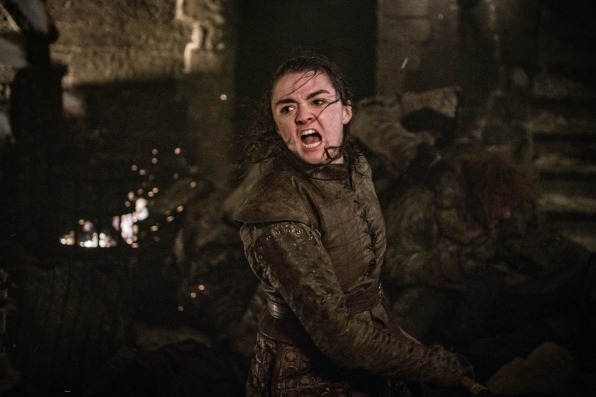
Arya Stark
For the bulk of the series, Arya’s been a loner. Unless you count her brief bout as a trio with Gendry and Hot Pie, but that hardly qualifies as leadership. Plus, she was, like, 12 years old. Overall, the particular set of skills Arya’s collected over the course of seven seasons aren’t exactly useful in a boardroom. She is a Stark, however, giving her at least a theoretical path to a Westerosi C-suite.
The other thing is the buckets of political capital she gained extinguishing the show’s biggest existential threat by sticking it with the pointy end. A war hero who knows when and how to go in for the kill certainly isn’t the worst position to be in. Arya will undoubtedly stay by Sansa’s side, but if anything happens to her sister, you can bet no one’s face is safe.

Euron Greyjoy
This Iron-born swashbuckler is what you’d get if you gave a Wall Street d-bag an armada of battleships and leather slacks. His double-cross plan with Cersei to fetch the Golden Company instead of aiding the fight up north—and his casual bridge-toss murder of his brother—shows how natural corporate espionage and political treachery comes to him.
He may easily be the funniest, most despicable a**hole in the entire show, which is great to watch, but as an employer, he’s the Seven Kingdoms version of Horrible Bosses (mostly Colin Farrell) wrapped into one.
(95)